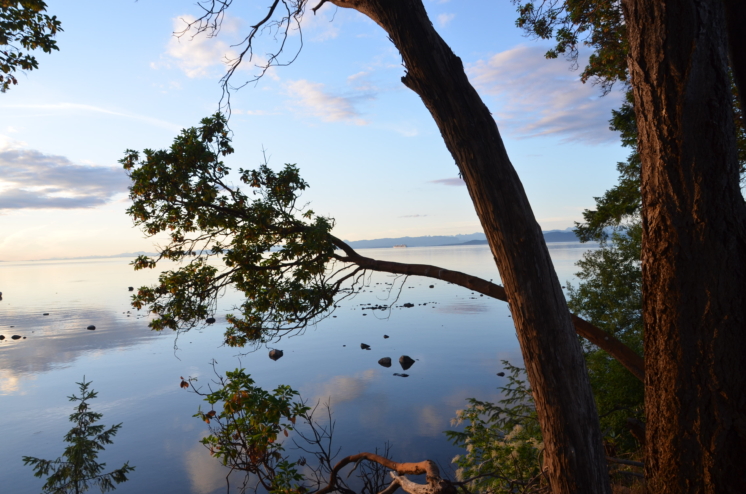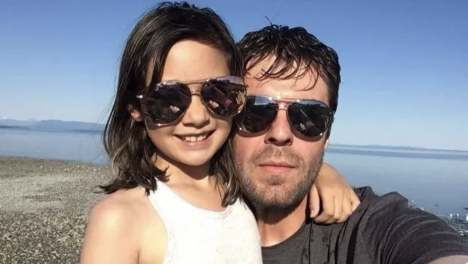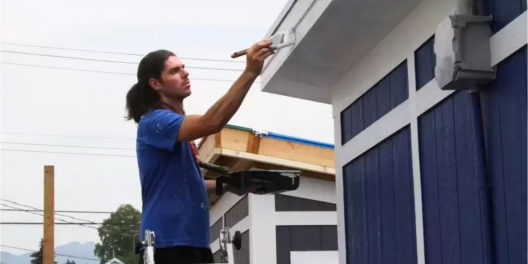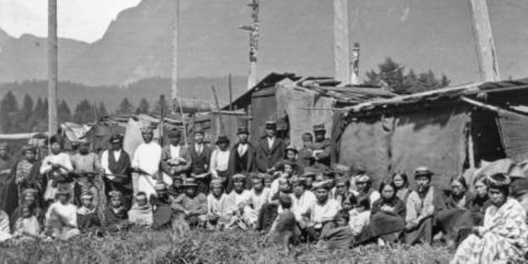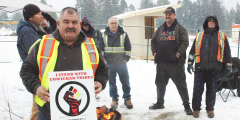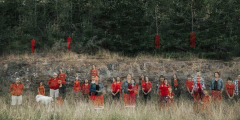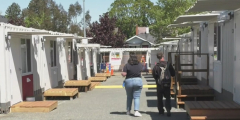Crews working on expanding a Hornby Island pub in early May had to put the tools down after uncovering an Indigenous burial site with three sets of bones, including those of an infant.
The site in question is an acre-and-a-half of beachfront property near Hornby’s ferry terminal that includes a shell midden. These massive deposits of discarded shells indicate village and food harvesting sites that can date back thousands of years and are found throughout the West Coast.
Work has stopped. All parties hope a meeting between the province and the First Nation later in May might find a way forward.
The K’ómoks First Nation’s territory ranges from the Comox Valley on the east coast of Vancouver Island as far north as Salmon River and includes Hornby and Denman Islands.
Hegus (Chief) Nicole Rempel says the middens almost always point to burial grounds, which makes it a certainty that any site development will disturb the remains of her nation’s ancestors.
The head of the K’ómoks First Nation says the province is failing to properly consult or live up to its international obligations regarding the approval of permits for excavation and construction on archeologically sensitive lands.
“How we feel a lot of the time is, we don’t want to be the person saying no. But at the same time, I’m culturally expected to protect these things and look out for our ancestors, who looked out for us,” said Hegus (Chief) Rempel, in a May 5 story published by the CBC.
“This is our history. This is a timeline of our existence here. And because these are all on private lands, it’s really hard for us as First Nations people to access these things,” she said.
Pub owner Jack Hornstein wants to do the right thing but says he feels caught in the middle of a much bigger battle between the province and the K’omoks people that he fears could leave him in financial ruin.
“I’m all for what they [the K’omoks First Nation] want going forward … But, basically, I’m a pawn in the game here,” Hornstein said.
Jesse Morin, a Comox Valley-based archeologist, said the permit process is a major issue, as is the discovery of remains through construction and project proposals along B.C.’s coast.
Multi-million-dollar home expansions on Vancouver’s Locarno Beach have also been stalled because of archeological finds. Morin said a red-hot real estate market is attracting buyers with no clue what might lie beneath their property.
“Protection of the sites themselves and the historical value of the sites is important, but it’s the spiritual value of that relationship to the ancestors that’s first and foremost,” Morin said.

